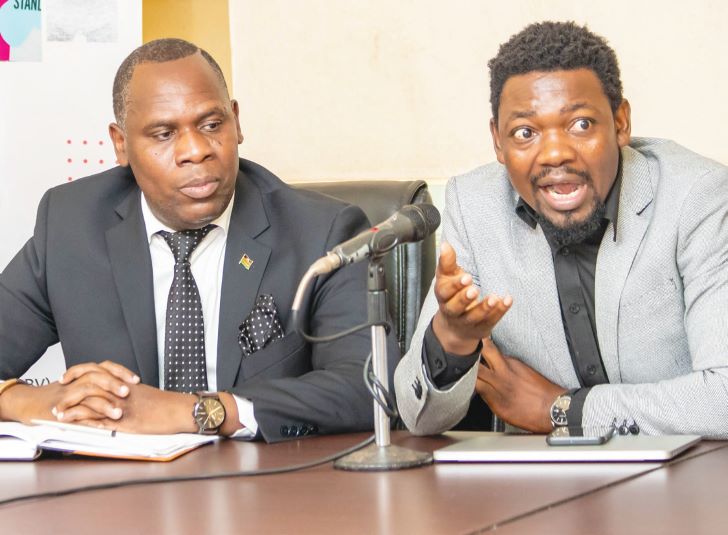Ministry of Health Principal Secretary Charles Mwansambo has indicated that there is a budget shortfall of $40 million (about K41 billion) for an effective cholera response in the country.
He said this on Thursday in a virtual press briefing organised by World Health Organisation (WHO) Africa, on the ongoing cholera outbreaks in Africa and what is being done to end them.
Cholera treatment centres, like this one, are in need of supplies
Mwanzambo said $18.6 million (about K19 billion) has so far been raised, out of a budget of $59 million (about K61 billion).
He said: “So we are calling on partners both within the country and outside to support our efforts in ending this outbreak. The situation would have been worse without their support so we also thank them for all the support.”
Reacting to this in a written response, health activist and Malawi Health Equity Network (Mhen) executive director George Jobe supported the idea to adequately resource cholera response activities in the country.
He said: “With the denial that has been propagated by myths and misconceptions about cholera among Malawians, there is need for a lot of resources for activities that would include community sensitisation and mobilisation, as well as health education.”
Jobe further appealed to the government to ensure that no one abuses whatever contributions would come to fight cholera, by ensuring strict measures to catch all those trying to steal the money.
According to the cholera update of February 8 2022, the country has cumulatively recorded 40 834 and 1 334 deaths with the case fatality ratio standing at 3.3 percent. About 921 people are in treatment centres, while 38 579 have recovered.
When asked why the current outbreak has been the worst, Mwansambo said: “Traditionally, we get these outbreaks during the rainy seasons but this one started in the dry season which was a bit unusual. We had tropical cyclones Ana and Gombe that affected most of the southern Malawi and destroyed the water, sanitation and hygiene (Wash) facilities and that was the beginning of the current problem.”
He added that the government now intends to simultaneously implement minimal control interventions to all the districts in order to be in control of the pandemic.
Meanwhile, the WHO has asked countries, including Malawi, to scale up their readiness for the cholera response, by having effective surveillance for prompt detection and rapid response to control any small outbreak before it spreads.
Speaking at the press briefing, WHO Africa’s incident manager for regional cholera response Dr Patrick Otim Ramadan was worried that now, when the year has just begun, there is already significant demand for cholera vaccines, arguing that if more countries are affected as the year goes by, it will be hard to meet vaccination demand.
Malawi has equally been affected by the global shortage of vaccines, according to Mwansambo, and is also waiting in line for more doses.
Otim was also worried about the challenge in accessing cholera kits which contain Intravenous (IV) fluids and other infection prevention and control supplies because of the increased number of outbreaks across the world.
With cross-border cholera transmission in the southern Africa region, WHO encouraged countries to work on cross-border collaboration; and to have joint surveillance and interventions to contain the outbreaks.
The post Cholera response faces K41 billion deficit first appeared on The Nation Online.
The post Cholera response faces K41 billion deficit appeared first on The Nation Online.
 Moni Malawi
Moni Malawi 

